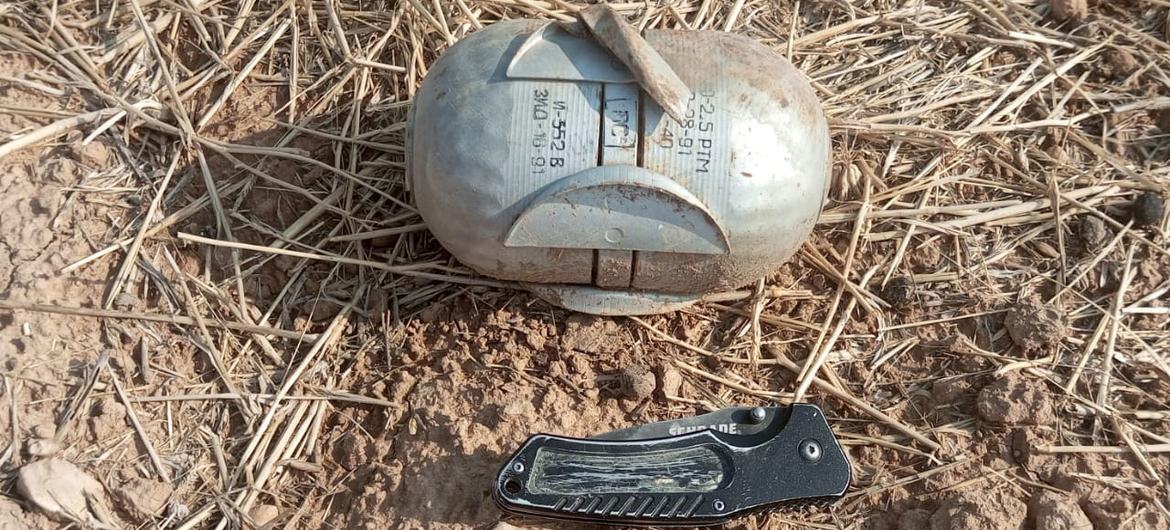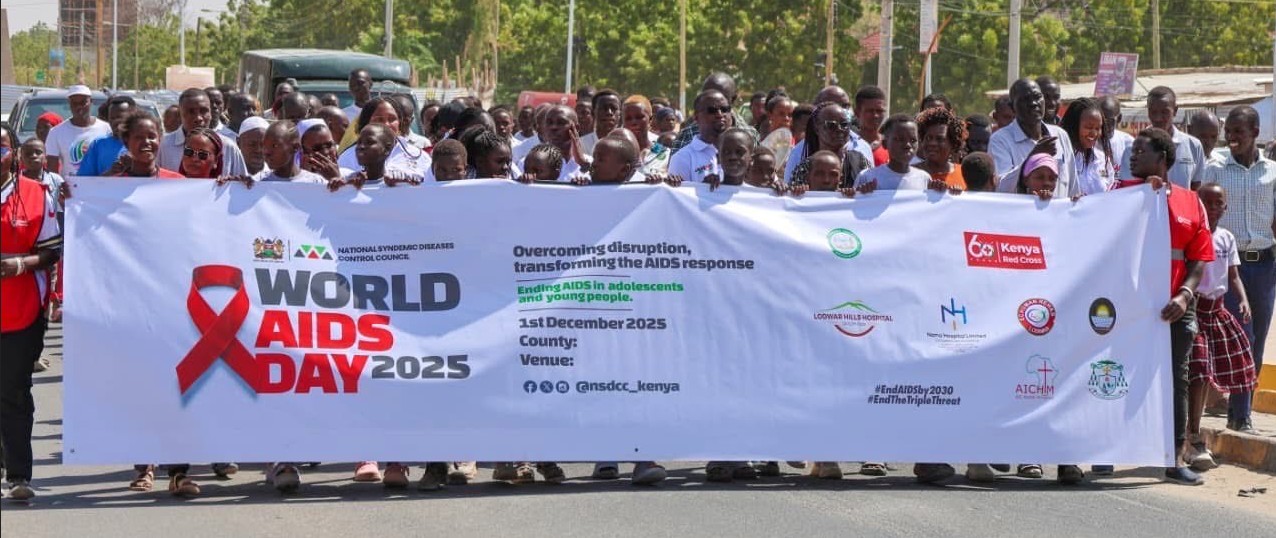Government to arm chiefs in high-risk areas after wave of attacks

Interior Cabinet Secretary Kipchumba Murkomen said the decision is under serious consideration, especially for regions like Boni Forest and North Eastern Kenya where threats from Al-Shabaab remain frequent.
Chiefs and their assistants working in high-risk regions could soon be issued with guns, the government has announced, as part of efforts to protect them from criminals and extremist groups.
Interior Cabinet Secretary Kipchumba Murkomen said the decision is under serious consideration, especially for regions like Boni Forest and North Eastern Kenya where threats from Al-Shabaab remain frequent. He said proper procedures would be followed, including assessments, vetting and licensing.
More To Read
- Kenya’s Special Operations Group foils Al-Shabaab IED plot in Garissa
- Somali Intelligence Agency foils Al-Shabaab attack in Mogadishu, kills 7 militants in Middle Shabelle region
- KDF Special Forces kill five Al-Shabaab militants in Boni Forest operation
- Africa lagging in designating ISIL, al-Qaeda entities, UN expert reveals
- Murkomen: Chiefs to receive pay rise, firearms training in fresh welfare reforms
- Somalia, US hold talks on expanded cooperation on border security, immigration
“I don’t see any problem in having our chiefs armed. If civilians can apply and get licenses to be gun holders, why not the chiefs?” he posed.
“We shall facilitate a procedure where the chiefs will be assessed, and if they’re proved that their lives are at risk in their areas of operation, we shall provide them with guns and the permit or licenses immediately,” Murkomen added.
The CS made the remarks on Thursday at Mokowe in Lamu County during the Jukwaa La Usalama, Pwani Edition. He was responding to calls by chiefs from Boni Forest who said they faced constant threats while working in remote villages.
Ruhia Shee, the chairperson of the Lamu County National Chiefs Welfare Forum, said several villages within Boni Forest have witnessed repeated raids by militants over the past decade.
She named places like Mangai, Basuba and Mararani among the most affected.
In one recent incident on March 15, 2025, militants entered the Mangai village, gathered residents, preached to them, distributed date fruits and disappeared.
Another attempted raid happened on April 5, when armed men tried to access the Basuba GSU camp at night but were pushed back by officers.
Despite security operations like Operation Amani Boni, Al-Shabaab continues to carry out attacks, creating fear among civilians and administrators.
CS Murkomen stressed that anyone given a firearm would first have to be properly trained.
“But there must also be a mechanism. Those to be given the firearms will have to undergo thorough vetting or assessment first to ascertain their suitability to bear arms and accountability of use of the weapons,” he said as locals in Lamu supported the idea.
The Interior CS also used the opportunity to address issues in Tana River County, where he ordered the immediate redeployment of officers who had overstayed. During a separate Jukwaa La Usalama Baraza, more than 250 officers shared frustrations over serving too long in the same location.
“Police officers in Tana River who have served for more than three years to be transferred immediately to other parts of the country. They should progress to areas that do not have the hardship they have faced here,” Murkomen said.
He said some had served in the same post for as long as 14 years, which he termed unacceptable.
Insecurity is not the only problem in the region. Locals cited tribal clashes over leadership positions, disputes over natural resources like water, and the effects of climate change, including drought and floods, as constant triggers of violence.
Murkomen emphasized the importance of addressing these root causes while continuing to support local administrators. Residents are also using online government services to access IDs, birth certificates and other essential documents, helping improve their access to public services.
Top Stories Today













































